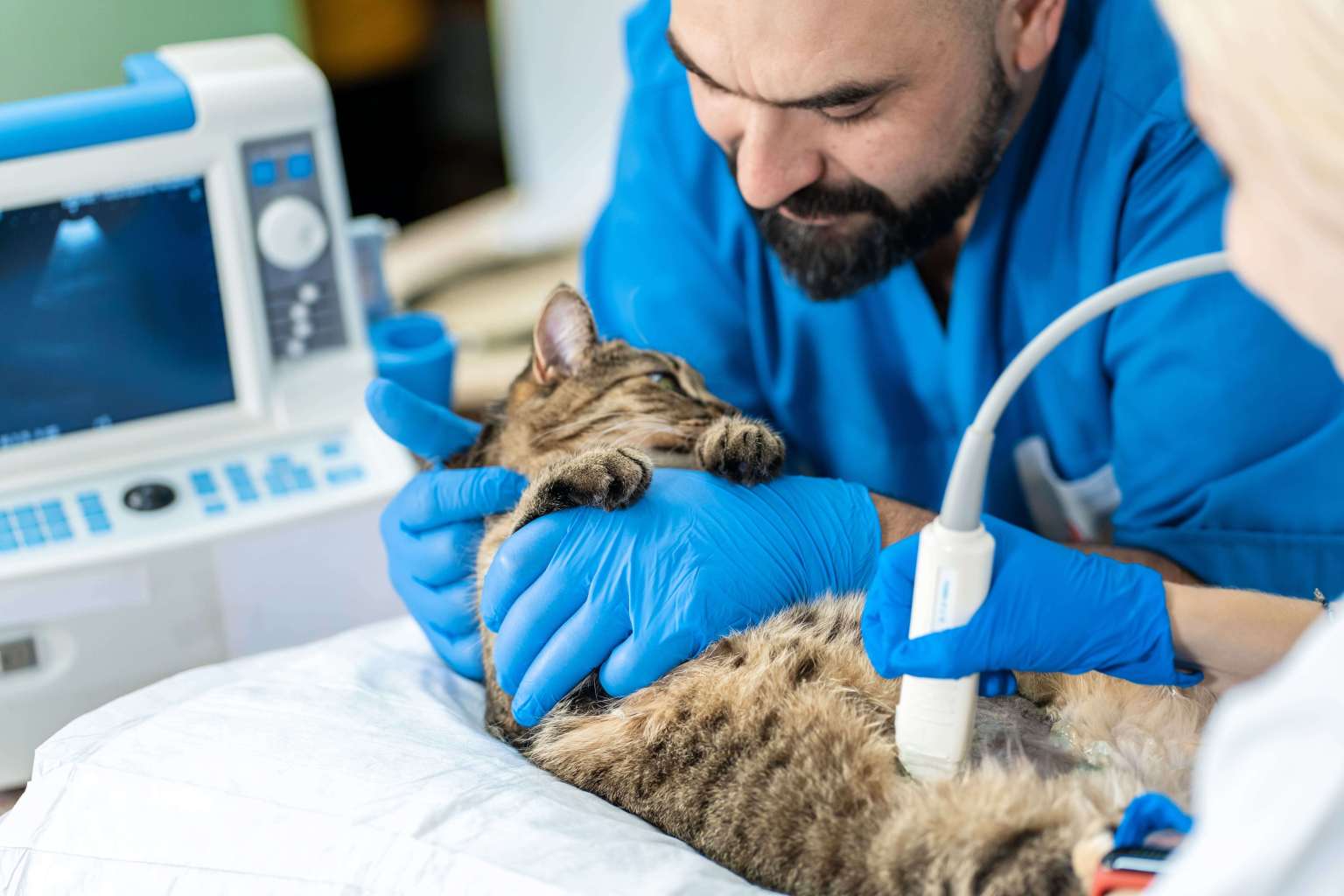
10 Exciting Veterinary Career Opportunities with a DVM Degree
A vet can explore veterinary careers in zoos, farms, and research labs. Find some career options that are available after completing the DVM degree.
It is common knowledge that a Doctor of Veterinary Medicine (DVM) qualification can allow you to transform your love for animals into a full-time career. However, not many know about the diverse career options in the veterinary medicine domain.
Veterinary medicine is an extremely diverse field. As a vet, you can explore veterinary careers in zoos, farms and research labs. Read ahead to explore some intriguing career options that are available to you once you complete your DVM degree.
- Veterinary anesthetists: While every licensed vet is capable of administering anesthesia when the situation arises, veterinary anesthetists acquire additional training in this field. They are called in to manage the pain of the animal and minimize the risk of infection. They are also responsible for creating a customized anesthesia plan for each animal to address potential problems during surgery.
- Animal welfare vets: Animal welfare vets are involved in tending to most animals on farms. They can work for government agricultural agencies, universities, large-scale farms or veterinary establishments. They lend their expertise in animal welfare science and assist other animal health providers with sound advice and information.
- Behavioral medicine vets: Veterinary behaviorists work with animals with moderate to severe behavioral issues. They use their medical and behavioral expertise to identify the actual etiology behind the abnormal behavior of the animals. These vets often work with animal psychologists to create tailored treatment plans to treat the condition.
- Clinical animal pharmacologists: Akin to human drugs, the medicines and pharmacological drugs used for animals are also subject to research and stringent regulations. Clinical animal pharmacologists are involved in the development of effective drugs for the safe treatment of various animal conditions.
- Veterinary dermatologists: There is more to veterinary dermatology than taking care of ticks and rashes. Skin conditions vary dramatically depending on the animal species and, therefore, can sometimes be out of scope for general veterinarians. Veterinary dermatologists are experts on different types of dermatological conditions. They also gain expertise in animal immunology that lets them treat specific dermatological issues that stem from allergies.
- Veterinary dentists: Unattended dental problems in animals can end in extreme discomfort or even acute malnutrition. Veterinary dentists are responsible for identifying and treating dental disorders in animals through small procedures, medical treatments or oral surgeries.
- Internal medicine vets: General vets often refer complicated or uncommon cases to internal medicine vets. They specialize in treating conditions affecting a specific organ system or body part. Internal medicine vets can specialize in many disciplines such as neurology, cardiology, oncology or large animal internal medicine.
- Emergency and critical care vets: Emergency and critical care veterinarians treat severely injured animals that require immediate medical attention. These specialists are trained to handle high-pressure scenarios and can also treat animals with life-threatening conditions.
- Veterinary microbiologists: Veterinary microbiologists often work in laboratory settings, in contrast to their clinical counterparts. They are involved in developing effective treatments for infectious diseases affecting different animals. They mostly research different disease-causing microorganisms like bacteria and observe the effect of various drugs on them.
- Veterinary nutritionists: Veterinary nutritionists receive extensive training in animal dietary requirements. They are responsible for developing effective nutrition plans for malnourished or sick animals. Pet food companies often hire these specialists to help them create products that can meet the dietary requirements of common pets.
Apart from these veterinary career paths, you can become a marine-life veterinarian, a veterinary specialist, a veterinary radiologist or an exotic animal veterinarian. Some other positions include preventive medicine vets, lab animal vets or avian veterinarians.
Invest in a good veterinary program today that will allow you to explore these interesting veterinary career options in more depth.
If you are looking for suitable DVM programs to complete your veterinary studies, you can explore the DVM program offered by St. Matthew’s University School of Veterinary Medicine (SMUSVM) on Grand Cayman Island in the Caribbean.
The school offers specialized curriculums taught by internationally recognized veterinary experts, which allows you to develop relevant medical skills. Students at St. Matthew’s University School of Veterinary Medicine are eligible to sit for the NAVLE exam and are successfully practicing throughout North America.
The SMUSVM campus has state-of-the-art infrastructure and facilities that enhance the learning experience. Click here to apply for the veterinary program at SMUSVM.